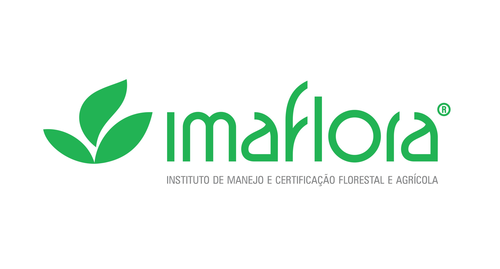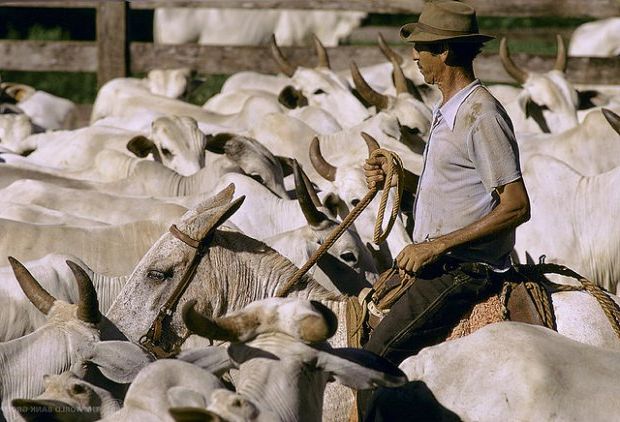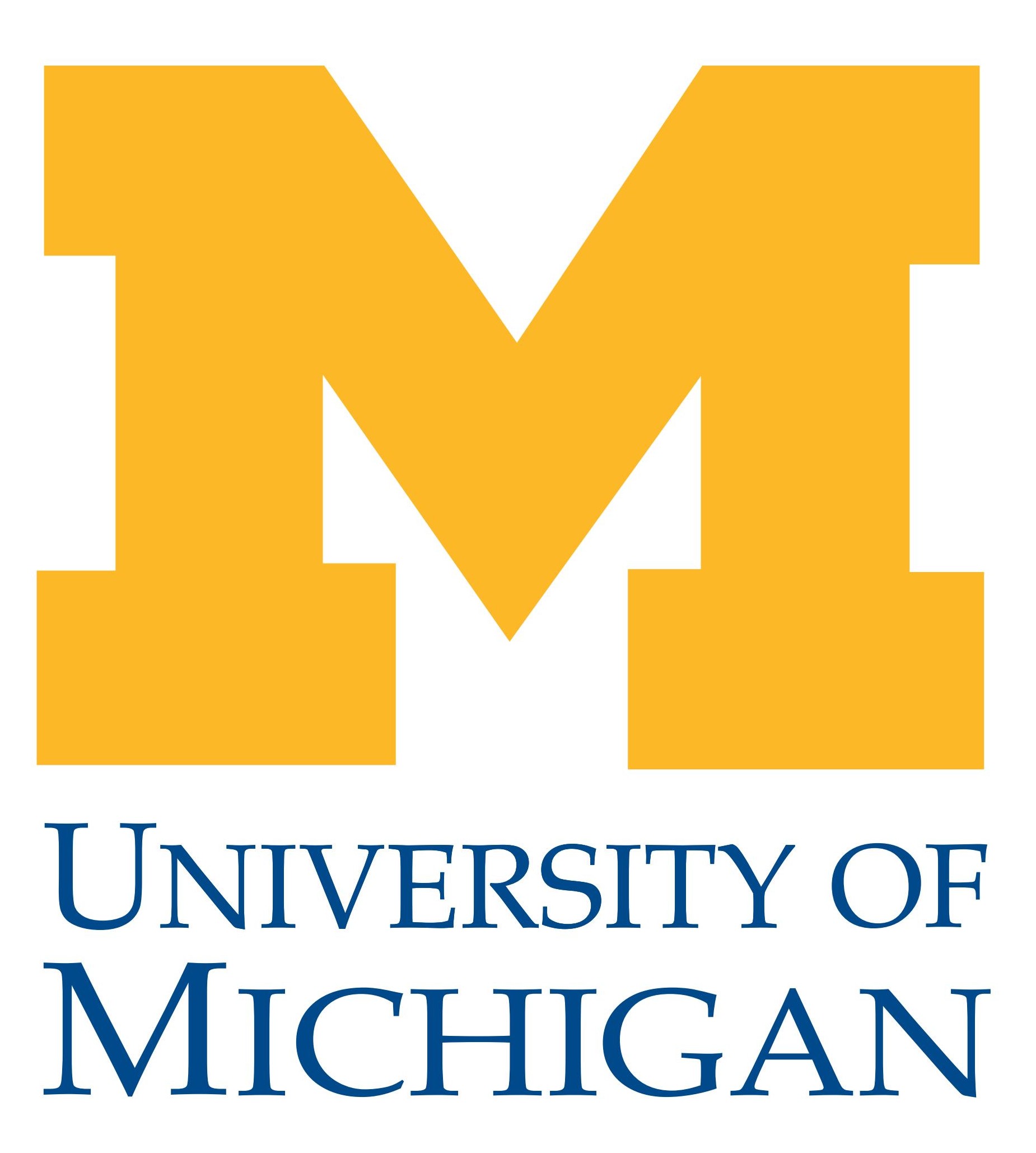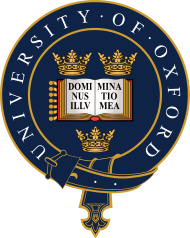Sustainable cattle production in Brazil.
Project description
This project investigated how to harness private sector cattle certification to reduce the amount of deforestation and greenhouse gas emissions from cattle farming in Brazil. The project team of master’s students, researchers, and certification specialists collected and analysed biophysical, socio-economic, institutional, and industry data to study land-use change, farmer decision-making, and the impacts of changes in agricultural management practices on greenhouse gas emissions. They used the more established experience of certification in the coffee sector to learn lessons for the cattle sector.
Outcomes
A complete list of publications and related key outputs is located at the bottom of this page.
The project supported stakeholders to develop:
- Pathways by which certification programs can contribute to enhanced sustainability
- Models of the potential for improved on-farm agricultural practices to reduce greenhouse gas emissions from cattle farming in Brazil
- Understanding of farmer participation in certification programs
- Smallholder access to certification programs
Data collection and analysis took place in 2015 with farmers, extension agents, regional policy makers, and the private sector. In 2016, the team is engaging with stakeholders a synthesis workshop for policy-makers and certification decision-makers in Brazil to summarize findings from research and to inform decision-making for the development of more sustainable agricultural practices that can benefit farmers, consumers, and the environment. The project delivered journal articles, policy briefs, reports, and master’s theses to the international community. Publications and other news, including presentations and blogs, are found at the bottom of this page. Watch and listen an April 12, 2016 workshop presenting project results at the University of Sao Paulo.
Partners
CCAFS worked with the Institute of Agricultural Management and Forest Certification (IMAFLORA), the Rainforest Alliance, and the Universities of Michigan, Oxford and São Paolo with support from the Global Innovation Initiative.
Further information
For further information, please contact Project Leader, Arun Agrawal at arunagra@umich.edu .

CCAFS




